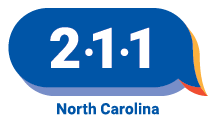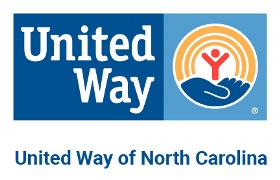There are many different kinds of shelters, depending on a person’s situation and needs.
What kinds of shelters are available?
Emergency Homeless Shelters offer a temporary place to stay for people who do not have permanent housing. Some shelters are for overnight stay only and may have specific intake hours to access shelter. Shelters can also cater to specific populations such as single men, single women, and families with children.
Homeless Drop In Centers or Homeless Day Shelters offer a place where homeless people can spend time during the day or evening. Drop In Centers may offer services such as showers, laundry, and phones. Some centers may focus on case management and employment services.
Crisis Shelters offer a temporary place to stay for people escaping abusive situations such as domestic violence or sexual assault. Crisis Shelters will usually have a crisis intervention hotline that victims can call during these emergency situations. Hotlines offer immediate support and advice.
Extreme Weather Shelters offer overnight shelter during times of extreme hot or cold temperatures for people who are at risk due to power outage, heating fuel shortage, road closures, or homelessness. These shelters are often called White Flag Shelters or Code Purple Shelters.
Mass Care Shelters are shelters that are offered during major natural disasters or another emergency event. Mass Care Shelters can open in schools, recreation centers, and military bases. More support services are offered post-disaster.
Transitional Housing/Shelter offers a more extended place to stay compared to Emergency Homeless Shelters for people who need a temporary supportive living environment to maintain permanent housing. Transitional Housing/Shelter may cater to specific populations such as people with substance use disorder, severe mental illness, domestic violence victims, or people returning from incarceration. In some cases, a “transition in place” option allows families to continue living in the same transitional housing unit when they are ready for permanent housing. In other cases, the permanent housing option is either public housing or private rental housing supported by a subsidy such as a Section 8 Housing Choice Vouchers.
Who is eligible for shelters?
Eligibility depends on the shelter. In most cases, it is best to call 2-1-1 to get more information or call the shelter directly to find out if you are eligible before arriving in person.
SOURCES: National Alliance to End Homelessness
Last updated 10/4/2022


